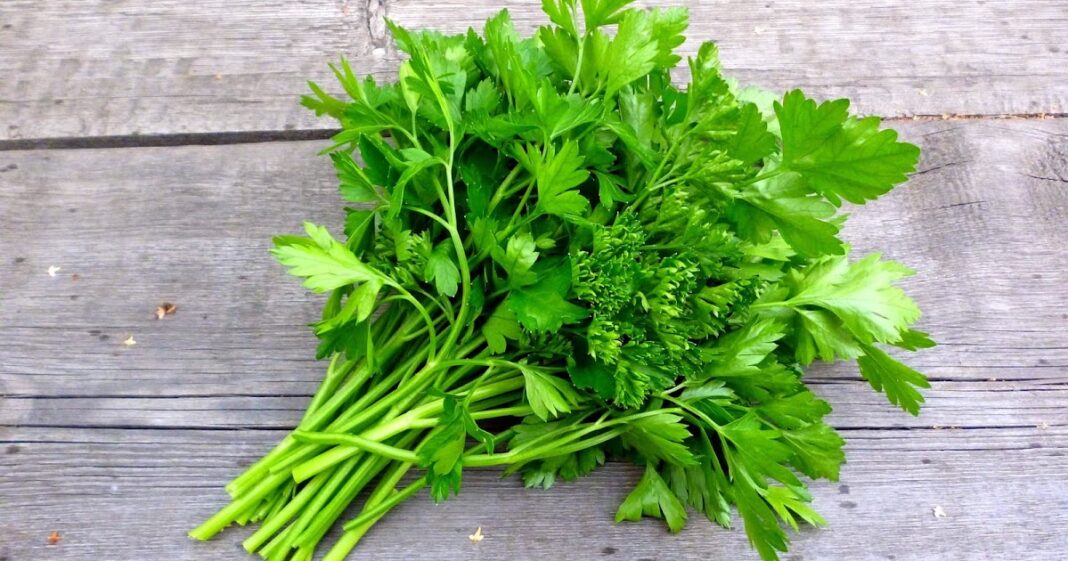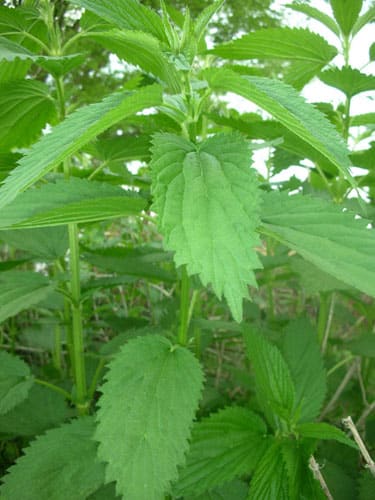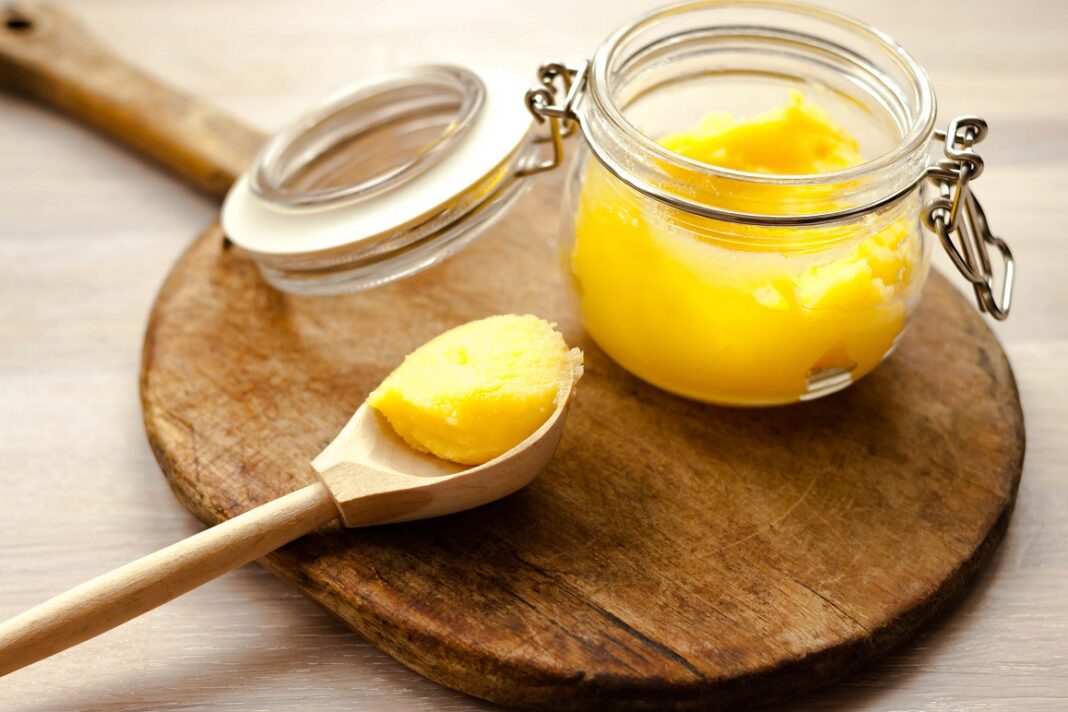Parsley
Parsley is widely used as a garnish on your steak or other foods. However, you may be surprised at how important it is. It is a helpful herb for body and health.
To begin with, parsley is good for your bones, strengthening bones to help with fractures, rich in vitamin K, potassium, magnesium, and calcium all of which support bone health. Vitamin K helps build stronger bones by supporting bone-building cells called osteoblasts.
Our immune system is what protects us from germs, bacteria and more, parsley boosts the immune system,
fights the effects of aging, protects the body from free radical damage, and
supports healthy kidney function.
Parsley can help relieve pain in joints, relaxes tight stiff muscles. Parsley also helps with your digestion, blood, tumors, treats anemia and contains cancer-fighting compounds. Over the years, parsley has been used to treat conditions like high blood pressure, allergies, and inflammatory diseases
Calories: 11 calories
Carbs: 2 grams
Protein: 1 gram
Fat: less than 1 gram
Fiber: 1 gram
Vitamin A: 108% of the Reference Daily Intake (RDI)
Vitamin C: 53% of the RDI
Vitamin K: 547% of the RDI
Folate: 11% of the RDI
Potassium: 4% of the RDI
Lastly, it protects against rheumatoid arthritis, cleanses the
liver, balances hormones, acts as a diuretic, reduces bad breath, and improves
appetites.
Parsley is particularly rich in flavonoid antioxidants and vitamin C, which reduces oxidative stress in your body and may lower your risk of certain cancers. Plus, eating foods rich in vitamin C may reduce the risk of cancer as well. A 1/2 cup (30 grams) of parsley provides 53% of the RDI for this nutrient.
Parsley can help your vision, eye health. Lutein, beta carotene, and zeaxanthin are three carotenoids in parsley that help protect your eyes and promote healthy vision. Vitamin A is essential for eye health, as it helps protect the cornea.Heart health is also benefited by parsley. it’s a good source of the B vitamin folate — with 1/2 cup (30 grams) providing 11% of the RDI. Experts are saying folate benefits heart health by lowering levels of the amino acid homocysteine.. Parsley Root! Really the Root. – Widely used in Europ, but not in the US.Parsley Root used extensively by local physicians in all sorts of tinctures to cure dropsy and scarlet fever, as well as in bladder and kidney ‘teas’ because of its supposed diuretic properties.https://britishfoodhistory.com/2017/01/04/forgotten-foods-5-parsley-root/ Cooked, they can be used like any root vegetable in soups. Apparently, they roast very well and make excellent chips. Their slight earthiness marries well with fish, especially shellfish.


